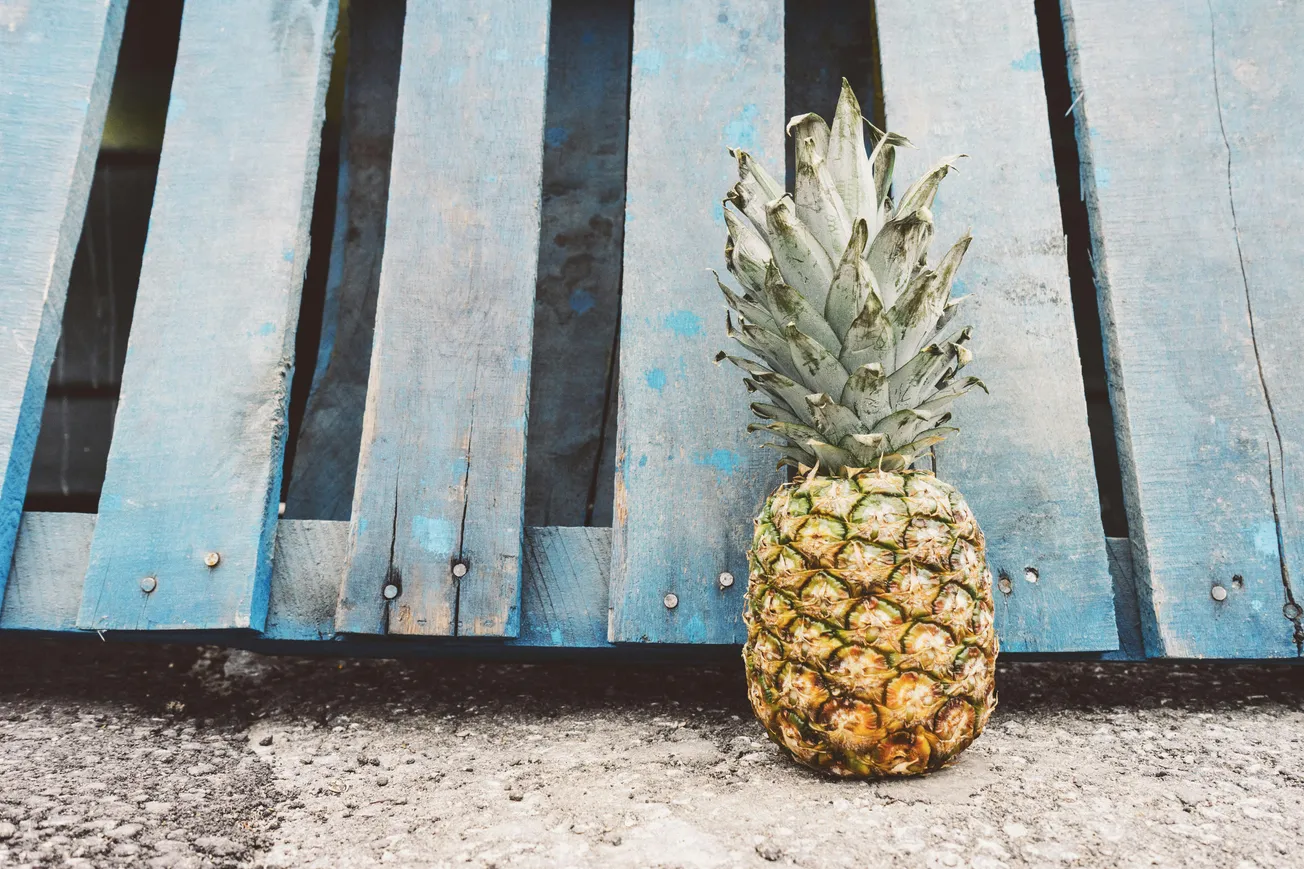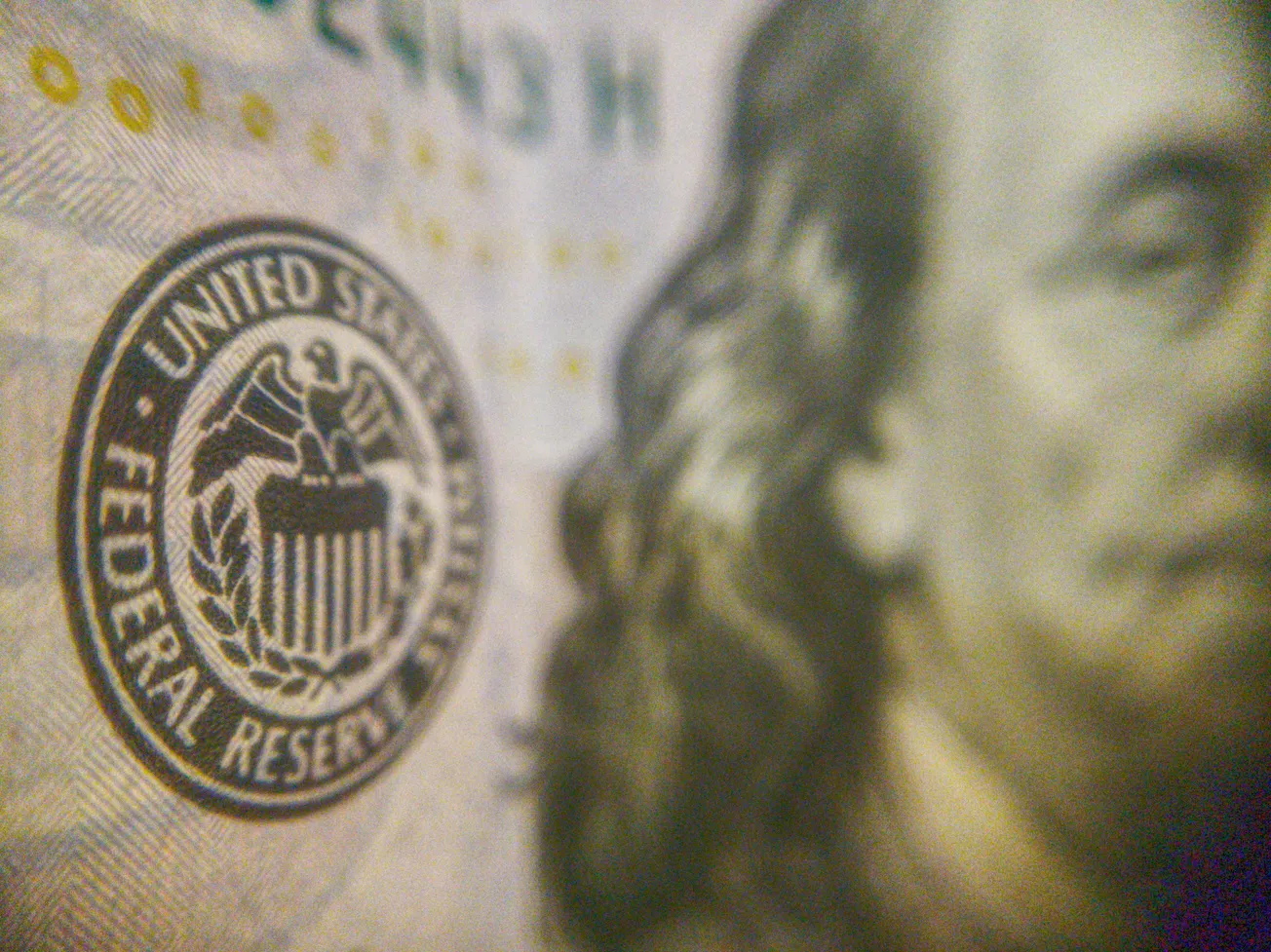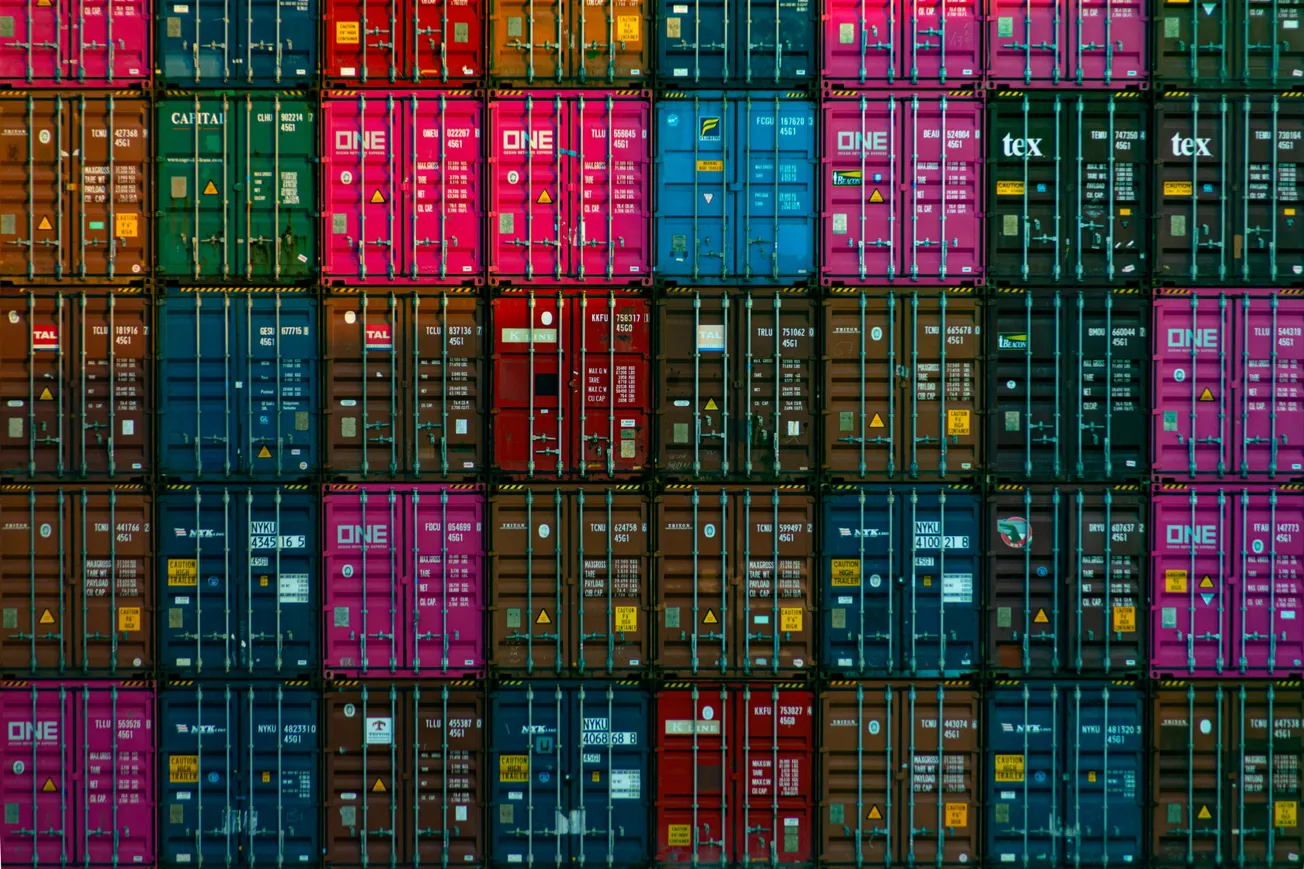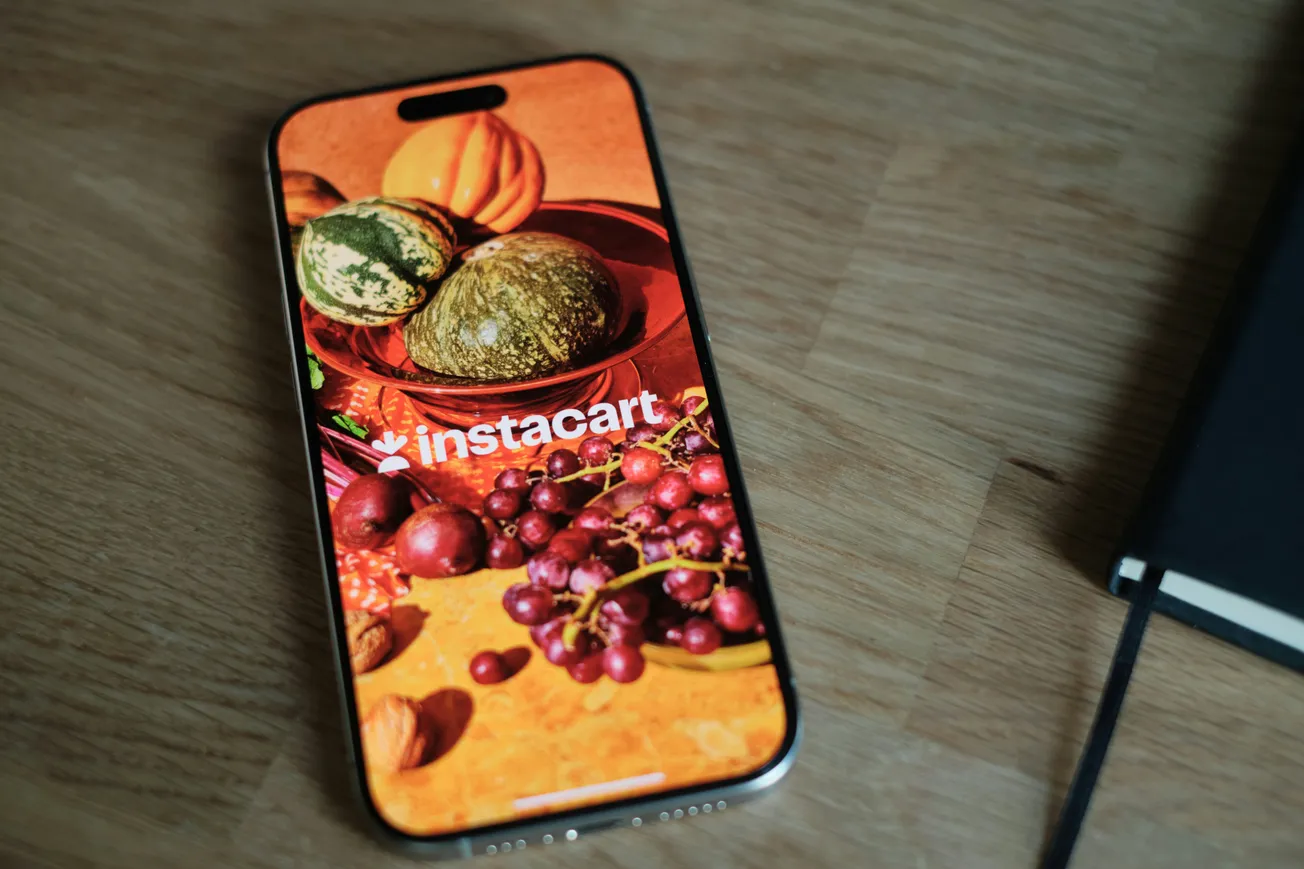On Nov. 14, the U.S. administration issued an executive order exempting over 200 agricultural product classifications from reciprocal tariffs. This move impacts a wide range of goods—from coffee and tea to tropical fruits, beef, and specialty food products used for religious or cultural purposes.
The products had been subject to a 10% global tariff imposed earlier this year as part of the Trump administration’s “reciprocal tariff” policy. The exemption, which took effect retroactively as of Nov. 13, allows importers to claim refunds for eligible goods already cleared through U.S. Customs.
Sourcing Relief for Grocers and CPGs
The exemptions follow trade agreements and frameworks signed with key agricultural exporters such as Guatemala, Thailand, Vietnam, and the European Union. For example, Guatemala is the top supplier of bananas and a major source of tropical fruits, while Thailand and Vietnam lead in coconut and fruit juice exports.
Retailers and food manufacturers that rely on these global inputs—including major grocery chains, beverage producers, and CPG brands—welcome the change. Trade associations like FMI (The Food Industry Association) and the Consumer Brands Association had previously urged the administration to remove tariffs on goods not viable for domestic production.
Omnichannel Implications
This exemption enhances pricing stability, sourcing predictability, and SKU availability—key pillars of omnichannel success in grocery and food retail. As retailers prepare for holiday demand and ongoing inflationary pressures, reduced tariff friction is a timely reprieve.










